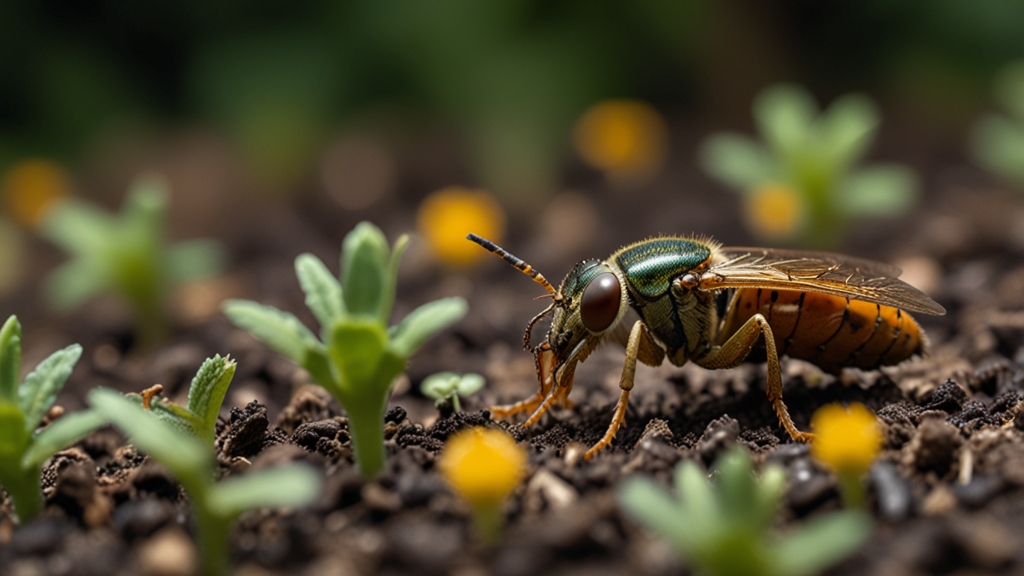The Shadows of Extinction: Uncovering What We've Already Lost
The annals of Earth's history are replete with chapters that detail the rise and fall of myriad species. From the majestic dinosaurs who roamed millions of years ago to the more recent loss of the enigmatic thylacine, extinction has been an inextricable part of our planet's narrative. The specter of extinction casts a long shadow, one that we've often been reluctant to confront. This article delves into the sobering realities of what we've already lost to extinction and the profound implications of these disappearances.
The Unseen and Unheralded
While the loss of iconic species like the dodo and the passenger pigeon are well-documented, many extinctions occur without the same fanfare. Through a combination of habitat destruction, climate change, and human exploitation, countless lesser-known species have silently slipped away. These losses are not just biological tragedies; they represent the erasure of entire lineages that we may never fully understand.
For instance, the Pinta Island tortoise, with the death of its last known individual, Lonesome George, symbolized the loss of a unique evolutionary branch. Every extinct species tells a tale of ecological interconnectedness and its absence often reverberates across entire ecosystems.
"For in the end, we will conserve only what we love; we will love only what we understand, and we will understand only what we are taught." – Baba Dioum
The Ripple Effect
Extinction is rarely an isolated event. It creates a domino effect within ecosystems, unsettling the delicate balance that sustains life. The extinction of a single pollinator species, for example, can jeopardize the survival of numerous plants and, subsequently, the herbivores that rely on those plants. This cascading impact can extend to top predators, creating an ecological void that’s hard to fill.
Moreover, the loss of genetic diversity brought on by extinction makes ecosystems vulnerable to diseases and environmental changes. Each extinct species represents not just a lost organism, but a lost source of genetic information that could have had myriad applications in science and medicine.
The Human Toll
While there is a tendency to view extinction as part of nature's course, it's crucial to recognize the extent of human involvement. Through activities such as deforestation, overfishing, pollution, and the introduction of invasive species, humans have accelerated the rate of extinction to unprecedented levels. The current rate is often referred to as the sixth mass extinction, a stark contrast to the natural background rate of species loss.
"Humans are the greatest agents of extinction since the asteroid that wiped out the dinosaurs." – Elizabeth Kolbert
The moral and ethical dimensions of human-induced extinction are profound. As stewards of the planet, we bear a responsibility to preserve the biodiversity that enriches our world. The loss of any species can be seen as a failure to uphold this responsibility, with long-lasting repercussions for future generations.
A Call to Action
Confronting the shadows of extinction requires a multifaceted approach. Conservation efforts must be intensified, employing science and technology to monitor and protect endangered species. International cooperation is key, as ecosystems and species do not recognize national borders. Education and public awareness are equally crucial, fostering a culture that values and strives to safeguard biodiversity.
Hope resides in successful conservation stories like the resurgence of the bald eagle or the Siberian tiger. These examples demonstrate that with concerted effort and dedication, it is possible to stem the tide of extinction. However, the urgency is palpable; the longer we wait, the more species will slip through the cracks into oblivion.
"In the face of extinction, we are tasked not only with preserving what remains but also with remembering and learning from what we've already lost." – Jane Goodall
Conclusion
The shadows of extinction are a somber reminder of the fragility of life on Earth. Uncovering what we've already lost urges us to take immediate and definitive action to protect the remaining vestiges of biodiversity. Every species lost is an irreplaceable chapter closed, and our challenge is to ensure that the story of Earth continues to be one of vibrant and thriving life.
In summation, the narrative of extinction is interwoven with our own. By acknowledging and addressing the shadows, we may yet illuminate a path toward a future where both humanity and the natural world can flourish together.










